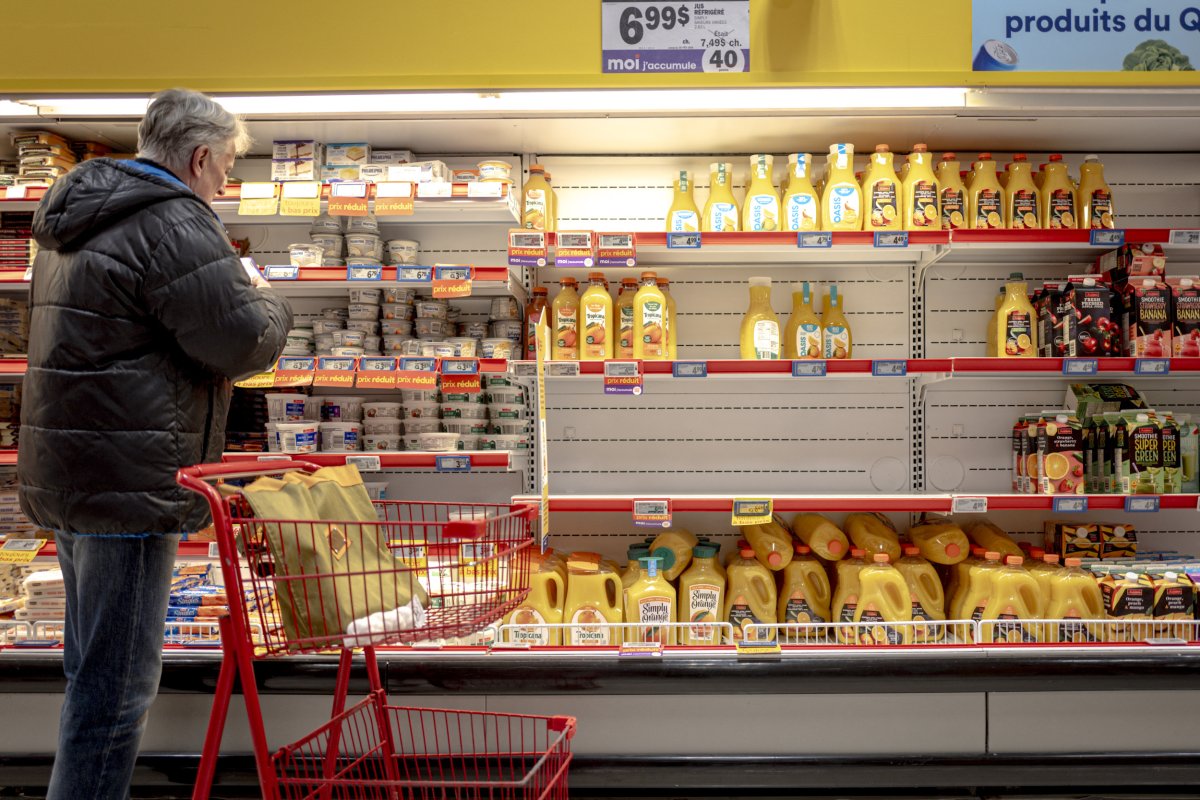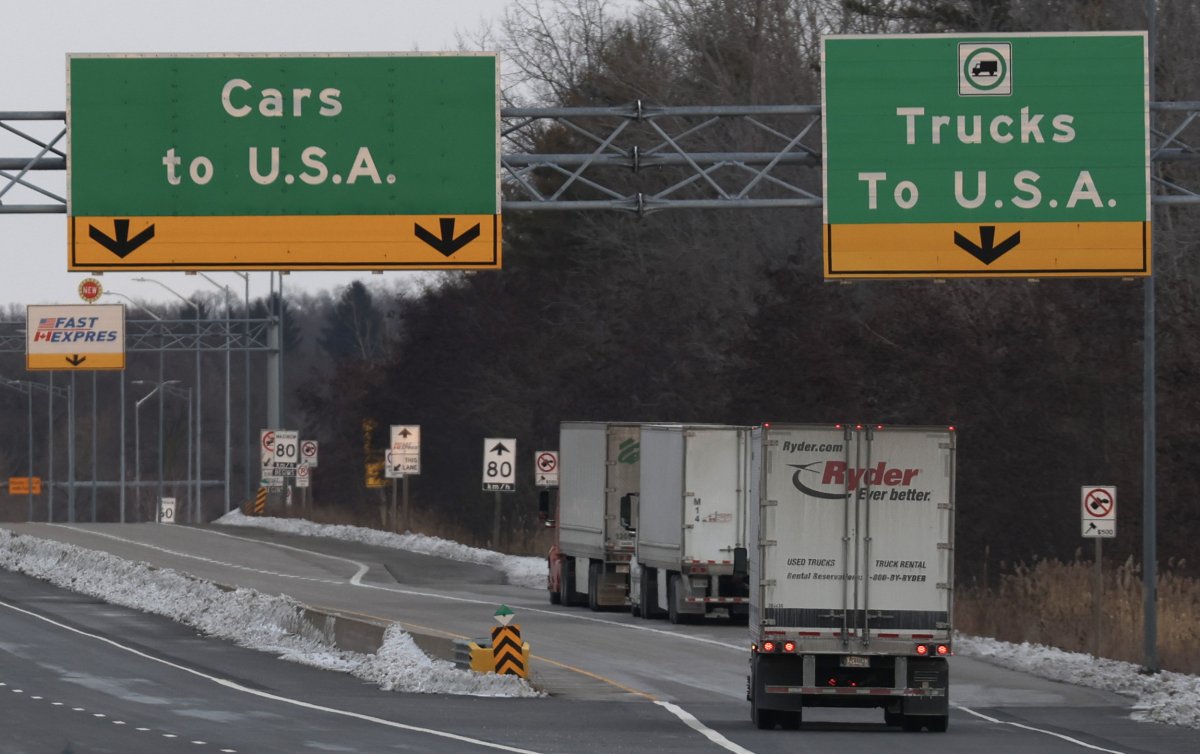In the midst of escalating tensions in trade, Canada is experiencing a surge of patriotic feelings. This has prompted a movement of grassroots activists to boycott American goods and reconsider travel plans south. The backlash is a result of President Donald Trump imposing tariffs on Canadian products and making remarks that were perceived to be threatening. This sparked a campaign called “Buy Canadian”, which could have serious economic consequences.
Trade and Economic Impact
U.S. Trade Representative’s Office stated that the United States will export $349.4 Billion worth of goods in 2024 to Canada. This solidifies Canada’s position as America’s biggest market for exports. A significant drop in Canadian demand for U.S. products could be detrimental to American exporters and force the administration to reevaluate its trade strategy with other key trading partners.

A Spark of Action: Consumer Responses and Calls-to-Action
Justin Trudeau and other prominent Canadian figures publicly encouraged Canadian products to be prioritized over American counterparts in February. Trudeau’s call to action resonated well with Canadians who were encouraged by him to look for Canadian brands in the grocery store, or choose Canadian Rye over Kentucky Bourbon.
Some reports indicate that Canadians embraced Prime Minister Harper’s request, and some retailers observed a boycott of American goods within one week. There have also been petitions calling for more country of origin labels and apps that scan barcodes to identify products made in the United States.

The Whatcom Council of Governments has released official data on border crossings that shows a reduction in wait times and an overall drop in vehicles entering the United States in comparison with the same time period in 2024.
Statistics Canada’s preliminary data revealed that even before the wide boycott began, there was a small (0.9 percent), but significant, decrease in Canadians coming back from U.S. trips in January. This is the first drop since the COVID-19 epidemic.
Possible Economic Repercussions on the U.S.
Flight Centre Canada, Canada’s biggest travel agency, reported an increase in cancellations of vacations planned to the United States. This could indicate a shift in travellers’ preferences.
U.S. Travel Association is a non profit that represents the U.S. travel sector. They have warned against a 10 percent decrease in Canadian tourism, which could cause a loss in spending of $2.1 billion and the elimination of up to 14,000 jobs. It is expected that the states most dependent on Canadian tourists, such as Florida and California, Nevada, New York or Texas, will be affected by this.
Expert Perspectives On The Boycotts Prolonged Existence
Payne believes that a shift in support of Canadian producers and domestic tourism may be a lasting effect, regardless of how the tariffs are resolved. However, Payne believes that the success of the boycott depends on U.S. actions. “If President Trump continues with tariffs then Canada will have to retaliate and working people will pay the cost,”

Pujolas stresses the unusual nature of current events, saying, “Canada has never had to deal with the expansionist threat from the U.S. or a tariff-hungry U.S. president who is willing to use tariffs in any situation that crosses his mind.” This is a “huge warning” to Canada that it needs to expand its trading relationships with other countries and not rely on just one.
McLarney predicts any boost in Canadian business from the U.S. trade boycott will be short-lived, but he thinks many Canadian brands can benefit over time from this change of consumer attitude. He also says that everyone with whom he has spoken is changing or cancelling their vacation plans.
Sylvain Chalebois is a Professor of Food Distribution and Senior Director of Agri-Food Analytics Lab, Dalhousie University.Market data shows that sales of Canadian goods in supermarkets have increased by approximately 10 percent in the last month. Although significant, this impact is still not substantial to him.
Charlebois continues, “At the moment, there’s no evidence that Canadian consumers are putting significant strain on U.S. manufacturers.” Export data could show a shift if it continues to grow. However, as things stand, the U.S. is largely resilient and Canada is only 10 percent the size of America.
Look Ahead at the Future of Trade Relations
The President has recently confirmed that 25 percent tariffs will soon be implemented on Canadian products, after a grace period of 30 days which began at the start of February. This decision shows a continuing commitment to the Administration’s Trade Policy, and could have far reaching consequences for both economies.


